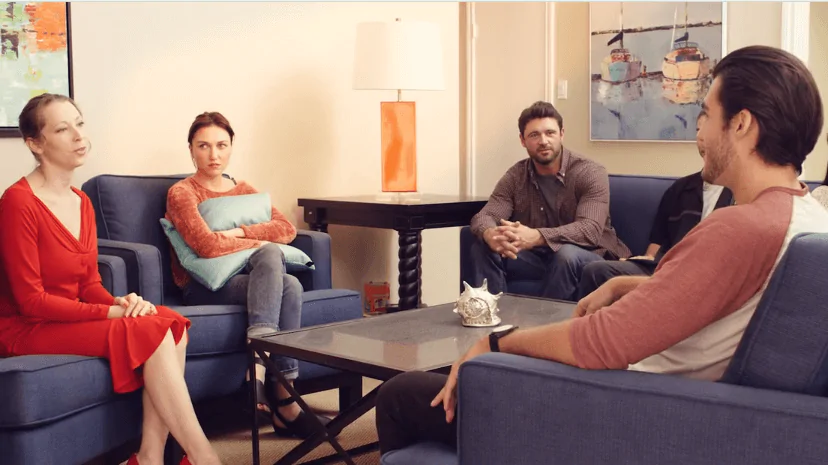24/7 Helpline:
(866) 899-221924/7 Helpline:
(866) 899-2219
Learn more about Bipolar Disorder Treatment centers in Idaho Springs
Bipolar Disorder Treatment in Other Cities

Other Insurance Options

Absolute Total Care

Covered California

UMR

MVP Healthcare

Regence

Evernorth

Sutter

Horizon Healthcare Service

Carleon

EmblemHealth

BHS | Behavioral Health Systems

Optima

Providence

Anthem

Health Choice

Access to Recovery (ATR) Voucher

Group Health Incorporated

Ceridian

Choice Care Network

Sliding scale payment assistance

Jefferson Center for Mental Health – Clear Creek
Jefferson Center for Mental Health – Clear Creek is a private rehab located in Idaho Springs, Colora...











Bridge to Change
Bridge to Change is a private rehab located in Idaho Springs, Colorado. Bridge to Change specializes...

